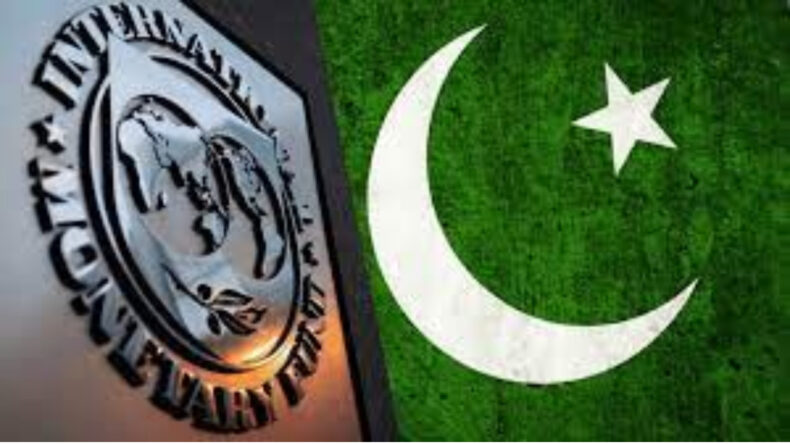IMF Approves $3 Billion Financial Aid for Pakistan
Pakistan has received a much-needed financial lifeline from the International Monetary Fund (IMF) in the form of a $3 billion bailout package. The approval of this aid package comes at a crucial time for Pakistan, which has been facing a severe balance of payments crisis and dwindling foreign exchange reserves. While the final approval by the IMF board is still pending, this agreement provides significant relief and hope for stabilizing Pakistan’s economy.
Prime Minister Shehbaz Sharif expressed gratitude for the Stand-By Arrangement (SBA) with the IMF, stating that it would pave the way for sustainable economic growth. The formal documentation for the deal is expected to be received soon and promptly signed and returned by the Finance Minister, Ishaq Dar. The news of the bailout has already had a positive impact on Pakistan’s sovereign dollar bonds, with trading prices experiencing a significant rise.
Stand-By Arrangement to Stabilize Pakistan’s Economy
The newly approved Stand-By Arrangement builds upon the previous IMF program initiated in 2019. Pakistan has faced various challenges, including natural disasters and commodity price increases due to geopolitical conflicts. As a result, the country’s reserves have reached critically low levels, and the power sector is facing liquidity issues. The IMF believes that this new arrangement will provide a policy framework for financial support from both multilateral and bilateral partners, serving as an anchor for Pakistan’s economic policies.
Reforming the energy sector has been a major focus of discussions between Pakistan and the IMF. With a substantial accumulated debt of nearly 3.6 trillion Pakistani rupees ($12.58 billion), the energy sector poses a significant burden on the economy. The IMF expects Pakistan to implement strong policies, particularly in the energy sector, to overcome challenges and ensure its sustainability. This may include an increase in electricity tariffs in the upcoming fiscal year, a measure likely to be implemented before the IMF board reviews the bailout in July.
The Minister for Power, Khurram Dastgir, emphasized that reforms should not result in perpetual tariff increases. The government has devised a medium-to-long-term plan to promote renewable energy generation and reduce costs. However, the successful execution of this plan depends on long-term assistance. While the immediate focus is on stabilizing the economy through the IMF bailout, the government is also preparing for a transition as the current administration’s tenure ends in August
Painful Reforms and Path to Economic Stability
The current program, exceeding initial expectations, is considered a significant boost to investor confidence. Analysts believe that the $3 billion funding, spanning nine months, will help restore stability to Pakistan’s economy. However, uncertainties remain regarding the future impact once a new government assumes power later in the year.
Pakistan has succeeded in securing a crucial $3 billion IMF bailout package, providing much-needed relief as the country faces an economic crisis. The Stand-By Arrangement is expected to stabilize the economy and unlock additional external financing. Reforms in the energy sector, along with other policy measures, will be crucial in achieving economic stability and paving the way for sustainable growth. While the path to stability may involve painful adjustments, the IMF funding offers hope for Pakistan’s economic future.
The IMF emphasizes the importance of continued proactive measures by the central bank to reduce inflation and maintain a stable foreign exchange framework. Pakistan has been grappling with high inflation rates, reaching a record high of 38% year-on-year in May. The IMF acknowledges the steps taken in the budget to broaden the tax base, increase tax collection from under-taxed sectors, and provide support to vulnerable segments through cash handout programs.













